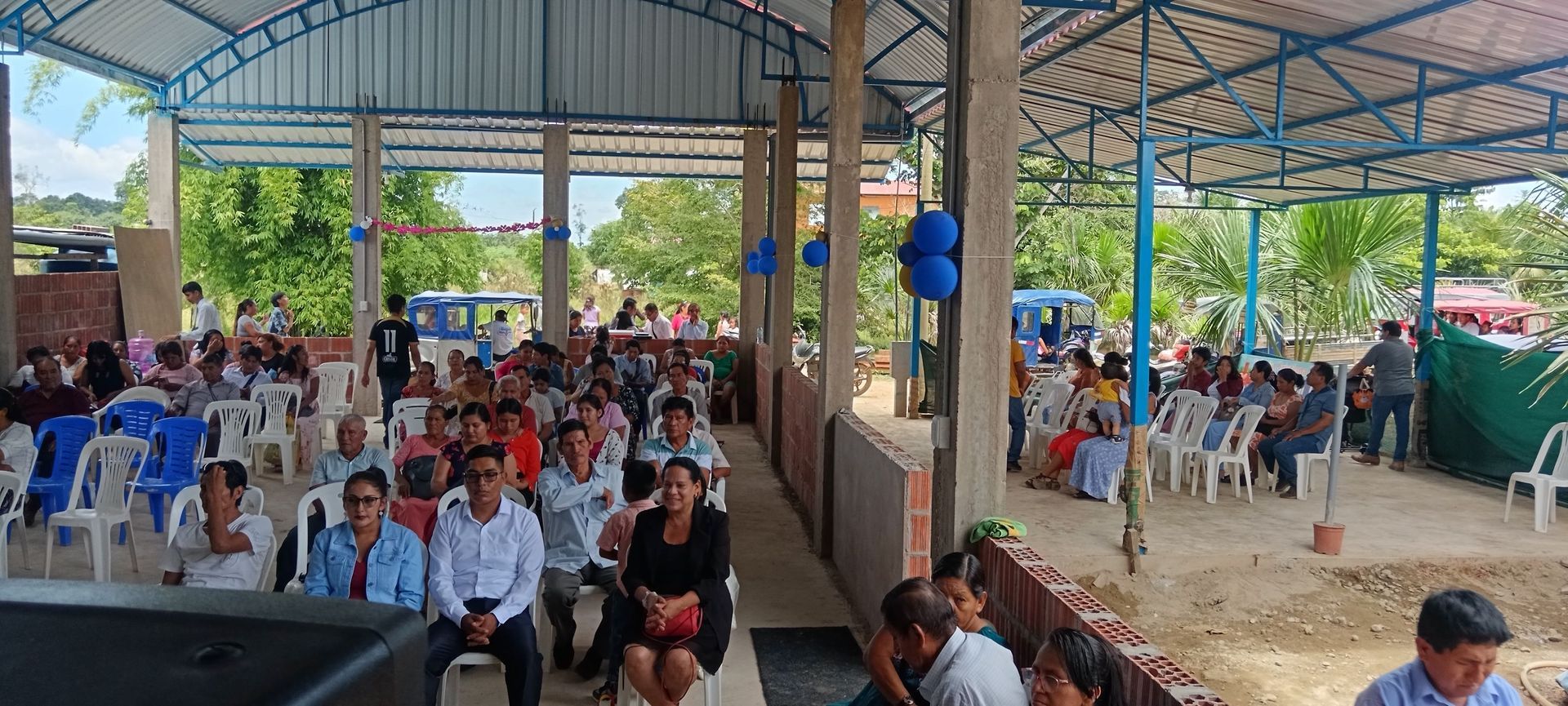Reflections on the Fifth Anniversary of "A Brethren Way"
This year, 2023, marks the fifth anniversary of the release of "A Brethren Way: Rediscovering Our Distinct Posture and Witness,” edited by Dr. Jason Barnhart. The work itself is an edited and expanded version of Brian Moore’s “A Brethren Witness for the 21st Century” which was written a decade earlier. “A Brethren Way” is an engaging, easy-to-read, and compelling defense of following Jesus from a Brethren perspective. Moore cites his purpose for writing “A Brethren Witness for the 21st Century” as fourfold: “to convince us more deeply of the truth that we Brethren have unique gifts to offer our culture; to help us identify those gifts; to show how those gifts address conditions prevalent in our culture; [and] to demonstrate how those gifts could offer positive appeal to our culture.” (xii)
According to Brian Moore in Chapter 3, which is (rhetorically) titled “Do We Have a Problem?” the Brethren Church has had an identity crisis at times, and he cites three contributing factors. First, over the years The Brethren Church has often been influenced by popular Christianity. Although many things the Brethren have absorbed have been harmless (or even good), not all of them have been in alignment with historical Brethrenism. Second, The Brethren Church doesn’t know its story very well. We are unfamiliar with our earliest history and the leaders who have shaped our story. Third, The Brethren Church doesn’t have a concise creed under which to unite. (13-15). Indeed, Moore claims that “we had (have?) such a not-so-hidden aversion to a creed that we have been afraid to say much of anything.” (15). He then posits that it would be a most worthwhile endeavor for the Brethren to try and identify their unique paradigm.
Moore dedicates the next chapter (“The Confluence That Became Brethren”) to exploring the early influences of The Brethren Church. Being born of the complementary (and at times, conflicting) streams of Anabaptism and Radical Pietism, Brethren belief, from its earliest days, has balanced and tried to walk out the best of what both of these ideologies have to offer. Because of its heritage of emphasizing both personal holiness and communal faith - even while facing persecution - the Brethren seek to bring people to Jesus both individually and corporately.
Following those introductory chapters, “A Brethren Way”
identifies six cultural conditions that plague us today and that the Brethren experience has responses for. A chapter is devoted to the exploration of each. They are identified as follows: confusion, alienation, complexity and inequality, violence, comfort (yes, comfort!), and secularity. Each chapter asserts that Brethren hold, in their history, life, and practices, responses to these maladies. Brethren ought to embody truth amid confusion, community amid alienation, simplicity amid complexity and inequality, peace amid violence, suffering amid comfort, and piety amid secularity. It is Moore’s belief, and the belief of the other
contributors to this work, that if the Brethren will live into these values, the Brethren witness would stand in sharp contrast - and with winsome appeal - to the world today.
One hardly needs to take time to explain all of the ways that our world is broken. So if we Brethren can stake our claim on truth, community, simplicity, peace, suffering, and piety, will we rediscover who we are and find our distinct witness in this generation? Did we just discover a six-point plan to become relevant and appealing to the world? Almost certainly not.
The historical Brethren call to non-conformity (the idea that followers of Jesus should somehow be different from the world around them, and the big idea which I would contend is the notion that underpins much of this book) doesn’t exist for its own sake, or else we are in very real danger of falling into the trap of self-righteousness and saying like the Pharisee, “God, I thank you that I am not like other people…” (Luke 18:11). While these six values - and indeed, non-conformity itself - are all very good, they ought not be our goal. That is to say, even if we could successfully deploy these countercultural virtues, find our identity and identify our Brethren witness to the world, we may still very well have missed the point.
Jesus doesn’t call us to perform good works - no matter how good they may be! He calls us to follow him and be transformed. When we’ve spent years of our lives intentionally walking with Jesus, seeking his face, and submitting to his lordship, all of these good things will be added to us. These six countercultural postures (and many others besides!) are the result of a transformed heart and a renewed mind! And they will flow out of us naturally. Of course, we’ll be able to be people who walk in truth if we’re walking with Jesus because he is truth! We will bring people together into community because Jesus sends us out to fish for people. If we are satisfied with Jesus, simplicity and contentment will flow from us. (And if we can’t find contentment in Jesus alone, nothing else we can add to him will help us find it either!) Steeping ourselves in the presence of the Prince of Peace will allow us to be people of peace in an anxious and violent world. As Jesus was a man of sorrow and acquainted with suffering, when we follow him, we can choose suffering over the comforts of this world when we must. Jesus will give us what we need to do his will, witness, and minister to those around us in his name when we hold him before us and consistently reaffirm his lordship in our lives.
If you’ve ever wondered why The Brethren Church came into being or why it matters that we define our small corner of Christianity, this book is essential reading. Brethrenism is not an extra layer that we add to the Gospel; to be Brethren is to be joined with a people who for generations have strived to live the Gospel and to benefit from their wisdom. Brother Brian Moore put it simply and best when he said, “I would contend that the Brethren approach to interpreting the Christian faith is a most practical expression, adaptable to all cultures and situations. Its appeal is found not in its overt distinctiveness but in its resonation with the universal needs and conditions of people.” (16)
Michael Cook
Ministry Support Specialist
The Brethren Church
A Brethren Way
is available to purchase from The Brethren Church web store in both paperback and ebook formats at
https://www.brethrenchurch.org/products/











